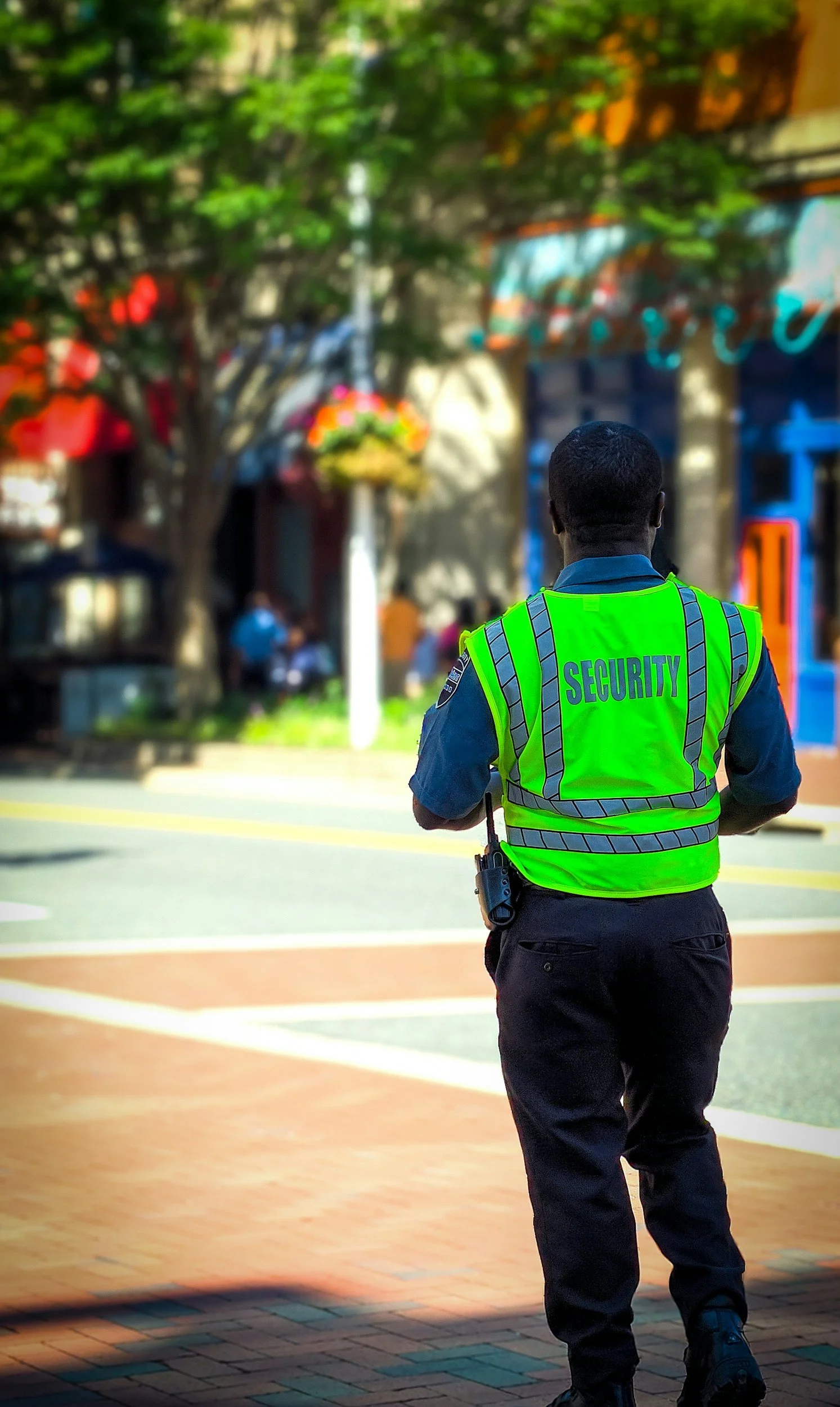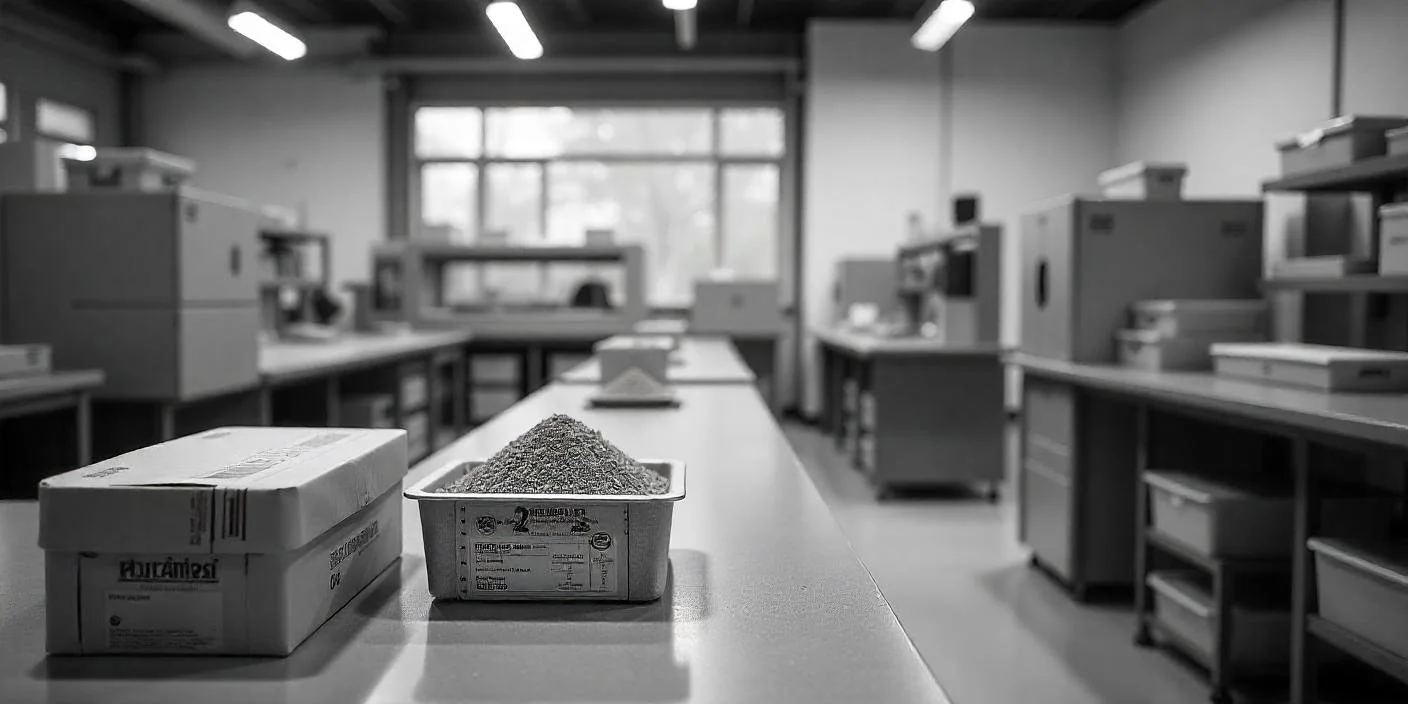The Role of Security Guards in Managing Emergency Situations
Security guards are often the first line of defence in ensuring safety and managing responses during emergencies. Their roles are critical, not just in guarding premises but also in handling unforeseen crises that may arise.
This blog explores the multifaceted role of security guards in handling emergencies, emphasising the skills that make them indispensable.
Emergency Situations and How Security Guards Can Help
Security guards play a critical role in managing emergencies. Here’s how security guards can help in different scenarios:
1. Natural Disasters
In the event of natural disasters such as earthquakes, floods or hurricanes, security guards play a pivotal role in managing safety protocols. Their responsibilities include:
Evacuation management: Directing individuals to safety as per the pre-determined evacuation plans.
Access control: Preventing entry into dangerous areas or those designated for emergency use only.
Coordination: Assisting in the coordination with emergency services by providing critical information about the layout of the premises and the current situation on the ground.
Security guards' ability to remain calm and execute evacuation plans efficiently can save lives and minimise chaos during such high-stress situations.
2. Fires
In the event of a fire, security guards are essential for ensuring a swift and organised response. They help by:
Immediate notification: Detecting signs of fire early and alerting the fire department promptly.
Evacuation management: Guiding occupants through pre-determined evacuation routes to safety.
Preventing panic: Maintaining order and calm among the building occupants to avoid chaos.
Damage control: Ensuring that all safety protocols, like shutting down gas lines or electrical grids, are followed to prevent further damage.
There are fire safety courses security guards can take that teach how to mitigate the effects of fire and reduce losses.
3. Medical Emergencies
Security guards are often equipped with basic first aid and CPR training, which enables them to act swiftly in medical emergencies such as:
Immediate care: Administering basic first aid for injuries or ailments.
CPR: Performing CPR in cases of cardiac arrest until the arrival of emergency medical services.
Emergency contact: Notifying emergency medical services and providing them with accurate information about the condition and location of the patient.
In many cases, the immediate response by a security guard can keep a person stable until professional medical help arrives.
4. Power Outages
During power outages, especially prolonged ones, security guards ensure safety and order. They are responsible for:
Monitoring: Using backup power systems to keep security systems like CCTV operational.
Crowd management: Managing crowds in commercial settings, such as malls or theatres, to avoid panic and accidents in the dark.
Information relay: Providing regular updates to occupants about the situation and expected resolution time.
Security personnel help maintain a sense of normalcy and safety during what can be an unsettling situation.
5. Civil Disturbances
During protests or riots, security guards protect property and people. They do this by:
Perimeter security: Strengthening the security around the perimeter of the property to prevent trespassing or vandalism.
Liaison: Coordinating with law enforcement to report any unlawful activities and assist in controlling the situation.
Safe conduct: Ensuring the safe conduct of individuals within the premises, away from external disturbances.
Their presence can deter criminal activity and ensure that order is maintained within the vicinity of their duty.
6. Robberies
During a robbery, the presence of a trained security guard can be deterrence in itself. Their role includes:
Deterrence: The mere presence of security personnel can prevent the attempt of a robbery.
Alert systems: Immediately activating alarm systems to notify law enforcement and lock down the facility if necessary.
Crisis management: Managing the situation to protect the safety of patrons and employees, possibly by following the robber's demands to avoid violence.
Evidence preservation: Observing and remembering details that could later help in identifying the suspects.
Security guard training programmes can help enhance security guards' ability to identify suspicious activity and take appropriate action to minimise loss.
7. Severe Weather Conditions
In cases of severe weather conditions such as blizzards, hurricanes or severe thunderstorms, security guards help by:
Preparation: Implementing storm preparedness plans, including securing windows and doors and moving unsecured objects.
Shelter: Assisting in the movement of all individuals to designated shelter areas.
Post-event: Assessing and reporting damage to facilities immediately following the event to facilitate quick recovery and repairs.
Their preparedness and ability to act under such conditions are crucial for minimising damage and ensuring safety.
8. Vandalism and Property Damage
Security guards also play a crucial role in preventing and responding to incidents of vandalism and property damage. They help by:
Prevention: Their visible presence can deter vandals from damaging property.
Intervention: They can intervene if it is safe to do so, preventing further damage.
Documentation: Reporting incidents and documenting details for insurance claims and legal actions.
Skills Security Guards Need to Handle Emergency Situations
Security guards require a diverse set of skills to effectively manage emergencies. Here are some key essential skills:
9. Alertness and Vigilance
Security guards must be highly observant and able to detect unusual activities or changes in their environment. This alertness enables them to act swiftly in identifying potential emergencies before they escalate.
10. Communication Skills
Effective communication is crucial, both in routine duties and in emergencies. Security guards need to communicate clearly and calmly with emergency services, the public and their own team to relay information accurately and manage the situation effectively.
11. First Aid and CPR Training
Basic first aid and CPR skills are essential for security guards. These skills can make a significant difference in medical emergencies before medical professionals arrive.
12. Crisis Management
Understanding how to manage a crisis, including knowledge of evacuation procedures and emergency response plans, is crucial. Security guards must be able to take control of a situation and guide others to safety.
13. Legal Knowledge
Understanding the legal aspects related to their actions during emergencies is vital for security guards. This includes knowing what constitutes reasonable force and how to handle incidents within the confines of the law.
14. Teamwork
Security guards often work as part of a security team. Collaboration and the ability to coordinate with colleagues are vital in managing emergency responses effectively.
Takeaway
The importance of security guards in managing emergencies cannot be overstated. Their comprehensive training, quick response capabilities and ability to coordinate with emergency services make them indispensable in protecting lives and property.
As first responders, they play a crucial role in mitigating the impact of emergencies and ensuring a coordinated and effective response. Their presence and professionalism provide reassurance and build trust, contributing significantly to the overall safety and security of any environment.






